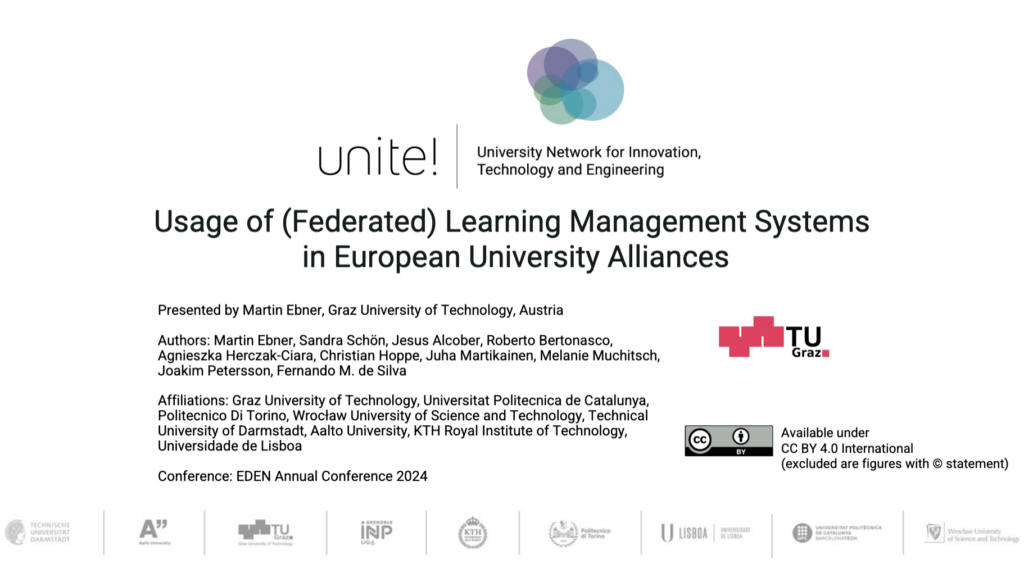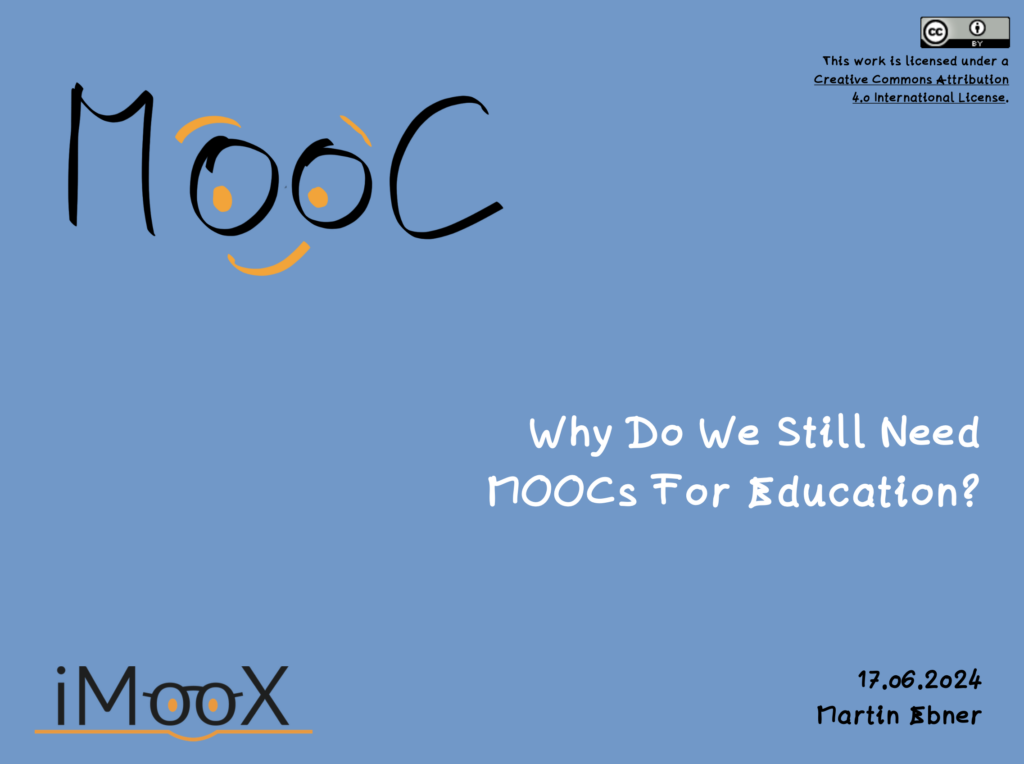At this years‘ EDEN conference we made a publication titled „Should Universities partner with NGOs? A Case Study of a University of Technology and a Coding School for Refugees„
Abstract:
This paper explores the advantages of a University-NGO Partnership between the Faculty of Informatics at Vienna University of Technology (TU Vienna) and the NGO „refugees{code}-, a coding school for refugees in Vienna, Austria. The goal of this collaboration is twofold: Firstly, to help students apply coding skills practically and enhance their proficiency through teaching experiences with underrepresented groups; and secondly, to provide refugees with meaningful activities that match their profession, education, and personal interests, which might have been interrupted in their home countries. The study evaluates the perspectives of the stakeholders involved. To do so, written surveys and interviews with computer science students, refugees and team members of the NGO were conducted. The results indicate that meaningful educational benefits for computer science students can be created within such partnerships, such as enhanced teaching abilities, dispelled prejudices, insights into the factors affecting refugees‘ educational and career trajectories, as well as improved communication and empathy skills. However, challenges for such partnerships also exist, including giving student teachers more time for meetings and discussions, empowering them to make decisions, providing access to counseling psychologists and interpreters, and offering support in managing participants‘ expectations. The findings shed light on the potential benefits from participating in campus-community partnerships and suggest several measures to improve them, such as providing additional ECTS credits, intensifying promotional activities to encourage greater student participation, providing alumni support, and issuing official certificates.
[article @ proceeding’s homepage]
[article @ ResearchGate]
Citation: Wolf, D. and Ebner, M. (2024) ‘Should Universities partner with NGOs? A Case Study of a University of Technology and a Coding School for Refugees’, Ubiquity Proceedings, 4(1), p. 36. Available at: https://doi.org/10.5334/uproc.158.


